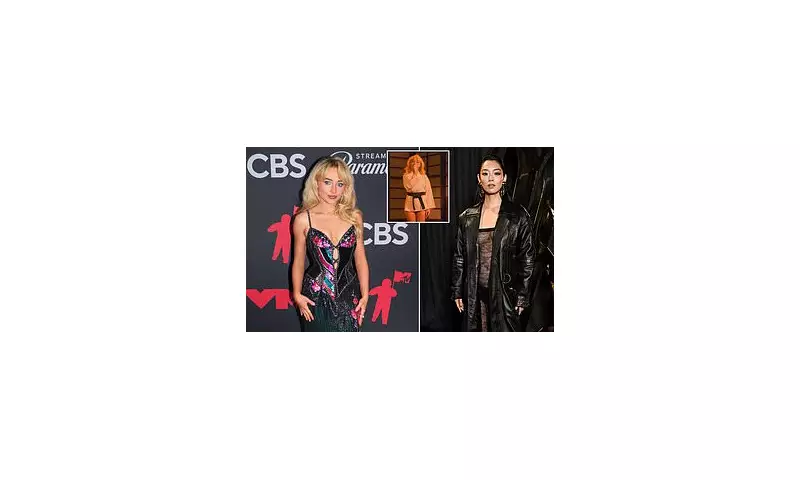
The glittering world of pop music has been rocked by an unexpected cultural controversy, placing American singer Sabrina Carpenter squarely in the crosshairs of online debate. The storm erupted following comments made by British-Japanese artist Rina Sawayama about Saturday Night Live's casting choices.
The Spark That Ignited the Fire
During a recent interview, Rina Sawayama made pointed remarks about SNL's history of casting practices, particularly regarding Asian representation. While Sawayama didn't mention Carpenter by name, her comments about artists being chosen over Asian performers for certain roles sparked immediate speculation among fans.
The timing proved particularly combustible, coming shortly after Carpenter's own high-profile appearance on the legendary comedy show. Social media platforms quickly became battlegrounds as fans connected dots and drew conclusions.
Fan Divisions and Online Warfare
Almost instantly, digital platforms erupted into heated debate. Sawayama's supporters applauded her for speaking out about representation issues in the entertainment industry, while Carpenter's devoted fanbase rushed to defend the 'Espresso' singer from what they perceived as unfair targeting.
The controversy deepened as users began examining Carpenter's musical style and aesthetic choices through a critical lens. Some accused her of cultural appropriation, while others argued she was being unfairly criticised for trends common throughout the pop industry.
Historical Context of SNL Controversies
This isn't the first time Saturday Night Live has found itself at the centre of representation debates. The show has faced previous criticism for its casting choices and portrayal of minority groups. Sawayama's comments touched upon longstanding concerns within the industry about which artists receive opportunities and how cultural influences are represented.
What makes this particular incident noteworthy is how quickly it moved from industry commentary to direct artist comparison, demonstrating the increasingly volatile nature of online cultural discourse.
Industry Reactions and Silent Responses
As the debate raged across social media platforms, both artists remained notably silent on the direct confrontation. Neither Carpenter nor Sawayama has publicly addressed the growing speculation about tension between them.
Music industry commentators have weighed in with varying perspectives. Some see the situation as symptomatic of larger issues in entertainment, while others caution against reading too much into what might be coincidental timing.
The Unfolding Narrative
What began as commentary about systemic industry issues has transformed into a personal cultural feud in the eyes of many observers. The situation demonstrates how quickly conversations about representation can evolve in today's hyper-connected digital landscape.
As both artists continue their respective musical journeys, this controversy raises important questions about cultural influence in pop music and the complexities of discussing representation in the public sphere.





